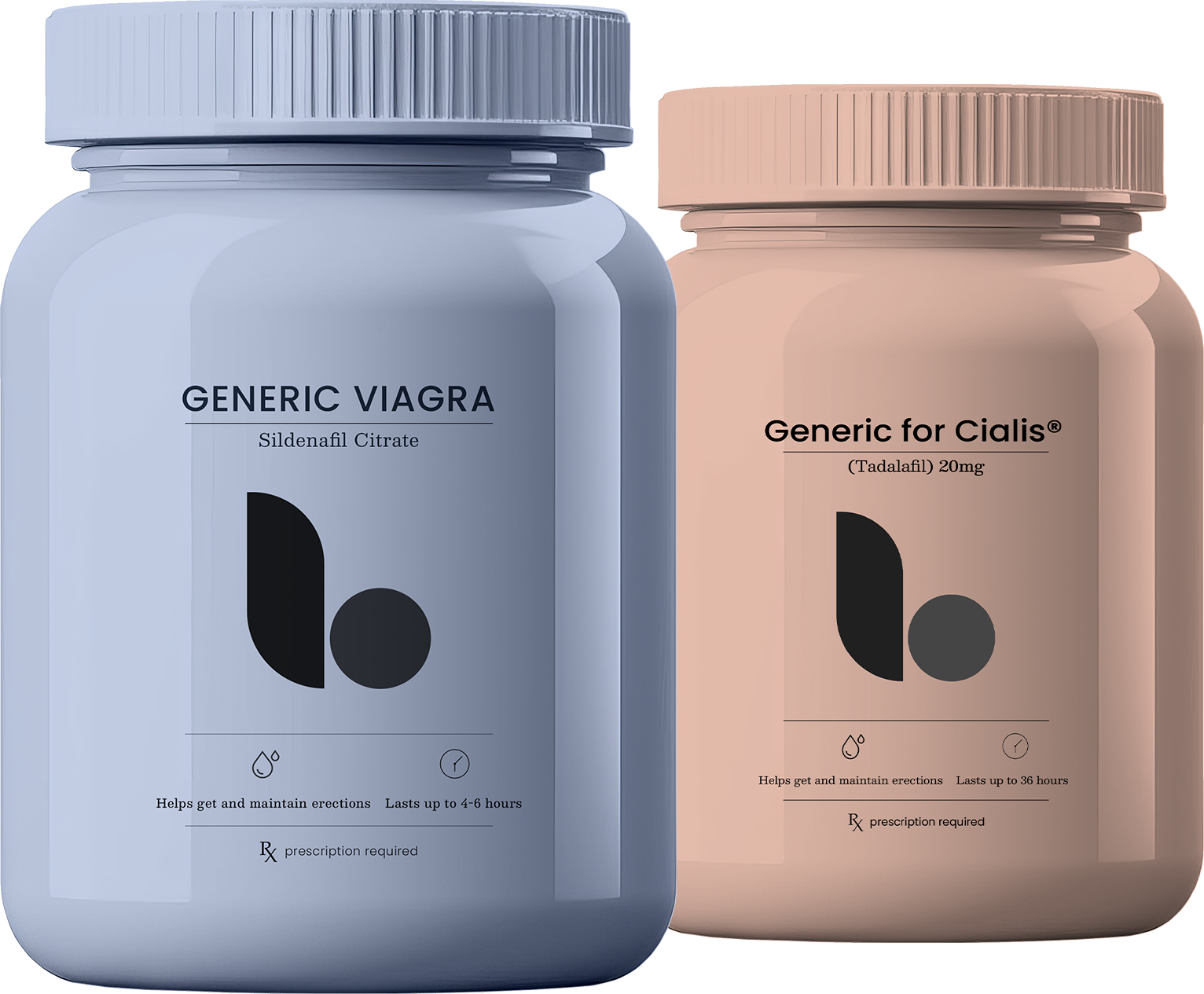Understanding the complexities of men’s sex drive is essential, given the various influences that can impact it. From aging to lifestyle choices, this article delves into the 12 reasons behind low libido in men, providing insights into the physical and psychological aspects of sexual desire.
Unveiling the Causes of Low Libido
- Aging and Testosterone Levels
As men age, they naturally experience a decline in libido, primarily due to decreasing testosterone levels. This decrease is especially pronounced when comparing the heightened libido of late adolescence to later life. Age-related issues, including difficulty achieving and maintaining erections, can further complicate the experience.
- Performance Anxiety
Concerns about meeting a partner’s expectations can lead to sexual performance anxiety, creating a detrimental cycle of negative experiences. Men with low self-esteem or body image issues may avoid sexual encounters, exacerbating the problem.
- Relationship Struggles
Conflicts, pressures, and unmet expectations within a relationship can significantly impact libido. Seeking counseling or sex therapy can help couples address underlying issues, foster intimacy, and enhance sexual satisfaction.
- Medications and Their Impact
Certain medications, including those for conditions like enlarged prostates or epilepsy, may lower libido. Understanding these side effects is crucial, as they can affect testosterone levels and nerve impulses essential for sexual stimulation.
- Hormonal Imbalances
A decline in testosterone levels with age, along with disruptions in hormones like thyroid and dopamine, can contribute to low libido. Treatments such as hormone supplements or medications to boost dopamine levels can help restore hormonal balance.
- Restless Legs Syndrome (RLS)
Men with RLS are at a higher risk of erectile dysfunction, especially during episodes of restlessness. Addressing both RLS and sexual dysfunction is vital for overall well-being.
Let’s Make Men’s Health Simple.
Connect with a US-licensed healthcare provider for a FREE Evaluation!
Your #1 Portal for Men’s Prescription Medication

- Impact of health conditions
Chronic illnesses such as heart disease, high cholesterol, and type 2 diabetes can diminish sexual drive. Obesity can also contribute by affecting the blood circulation essential for erections and impacting self-esteem.
- Exercise-related Issues
While regular exercise is important for maintaining a healthy libido, excessive physical activity can lead to a decrease in sexual desire. Finding a balance with moderate exercise can positively affect overall well-being and libido.
- Fatigue and stress
Physical and mental exhaustion can hinder sexual desire, making it difficult to focus on arousal. Managing stress is crucial, as elevated cortisol levels can reduce testosterone and libido.
- Sleep quality and conditions
Sleep disorders, particularly obstructive sleep apnea, can lower testosterone levels and negatively impact libido. Ensuring quality sleep is essential for maintaining sexual desire.
- Substance Use
Regular use of tobacco, alcohol, and recreational drugs can significantly affect testosterone levels and overall sexual drive. Excessive consumption of alcohol or drugs may lead to reduced sperm production and movement.
- The mental health connection
Depression can severely impact mood, concentration, and sexual interest, acting as a major libido killer. While antidepressants can improve mood, they may also have side effects that affect sexual performance. Consulting a healthcare provider is essential to exploring alternative treatment options.
Navigating Solutions and Seeking Help
In conclusion, identifying the causes of low libido is the first step towards a healthier sexual life. Seeking guidance from healthcare providers can help determine whether the issue is physical, psychological, or a combination of both, allowing for tailored treatments. It’s important to recognize that multiple factors can contribute to lower libido, necessitating a comprehensive approach for optimal results.



